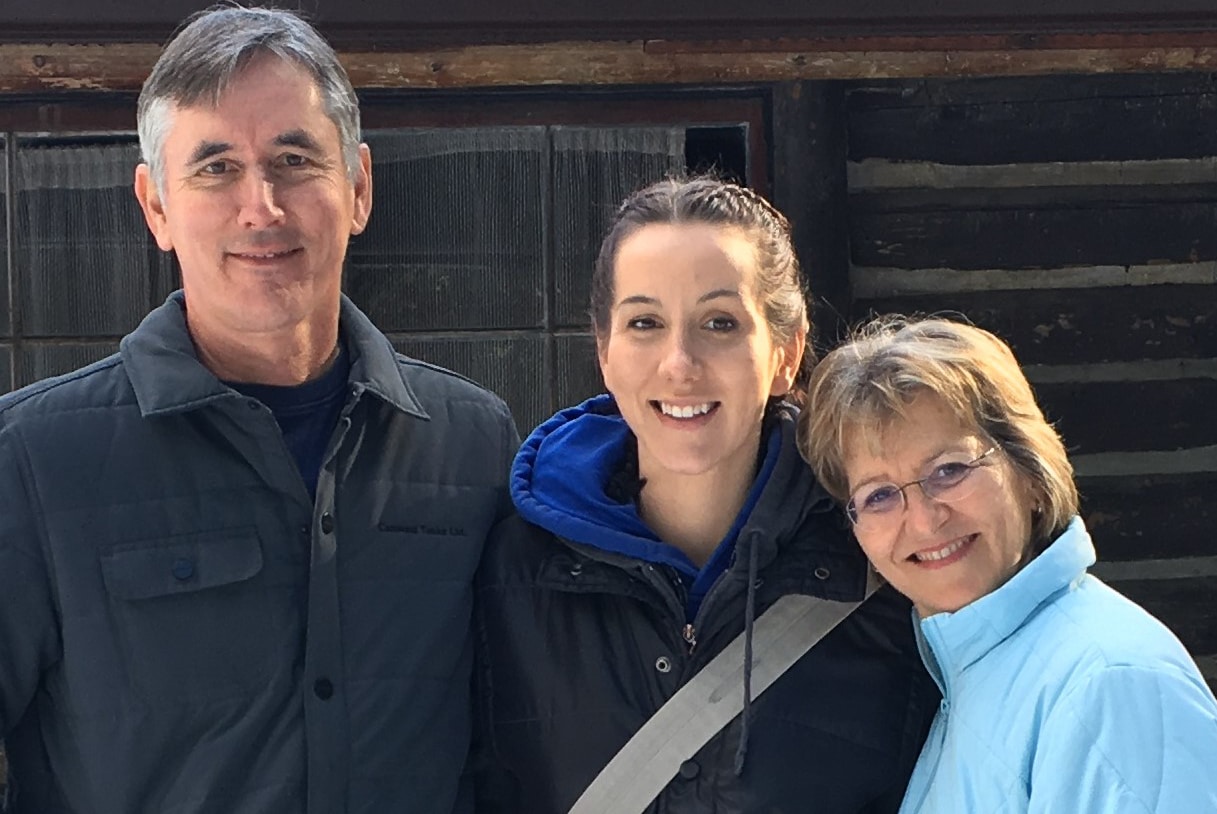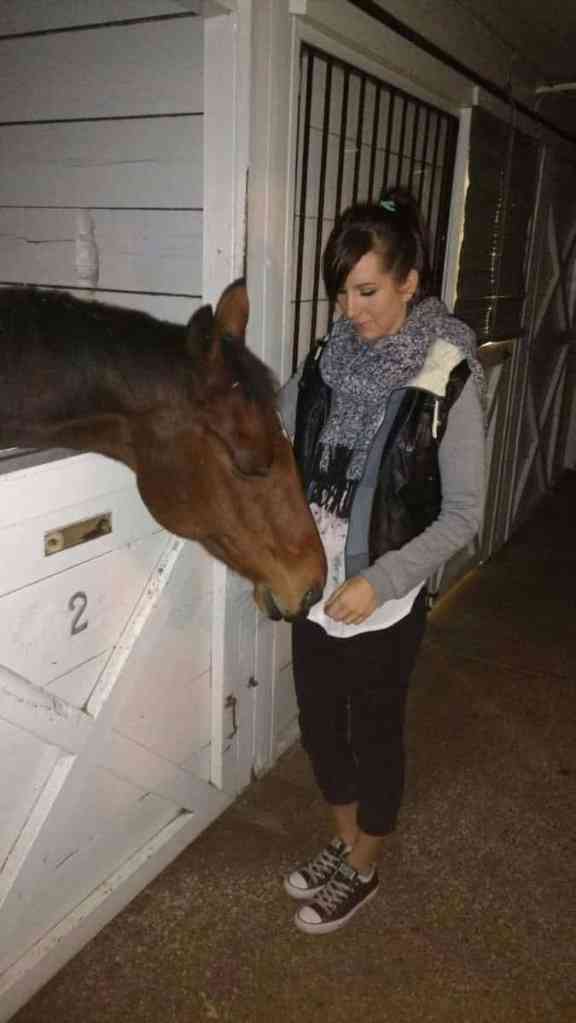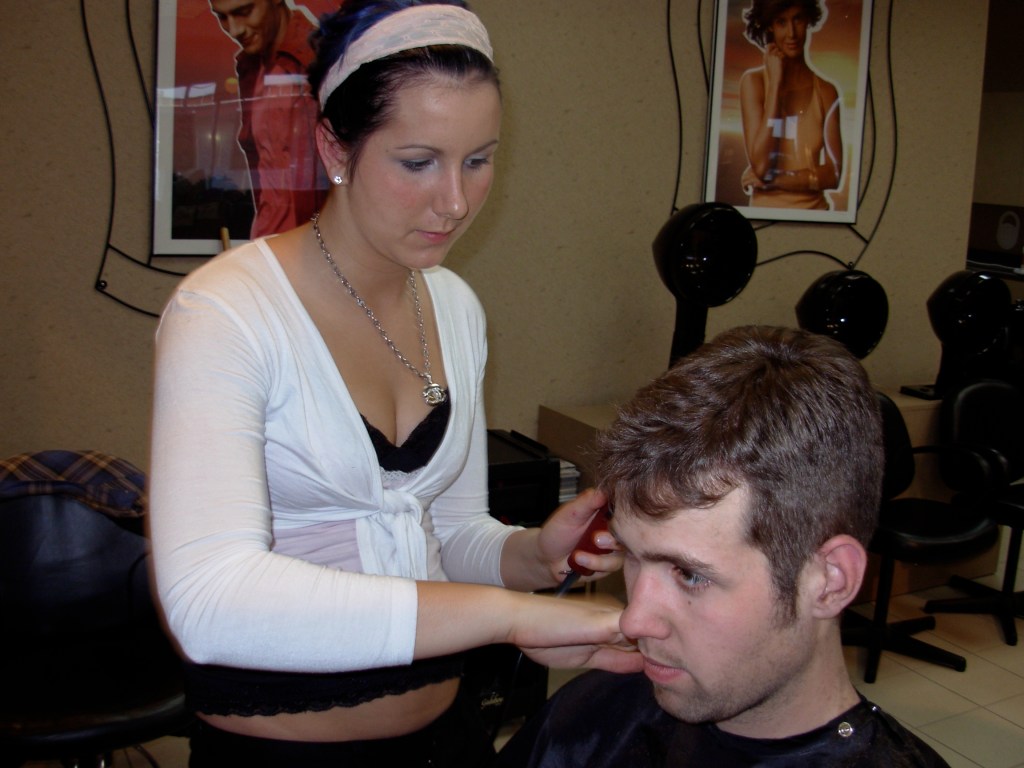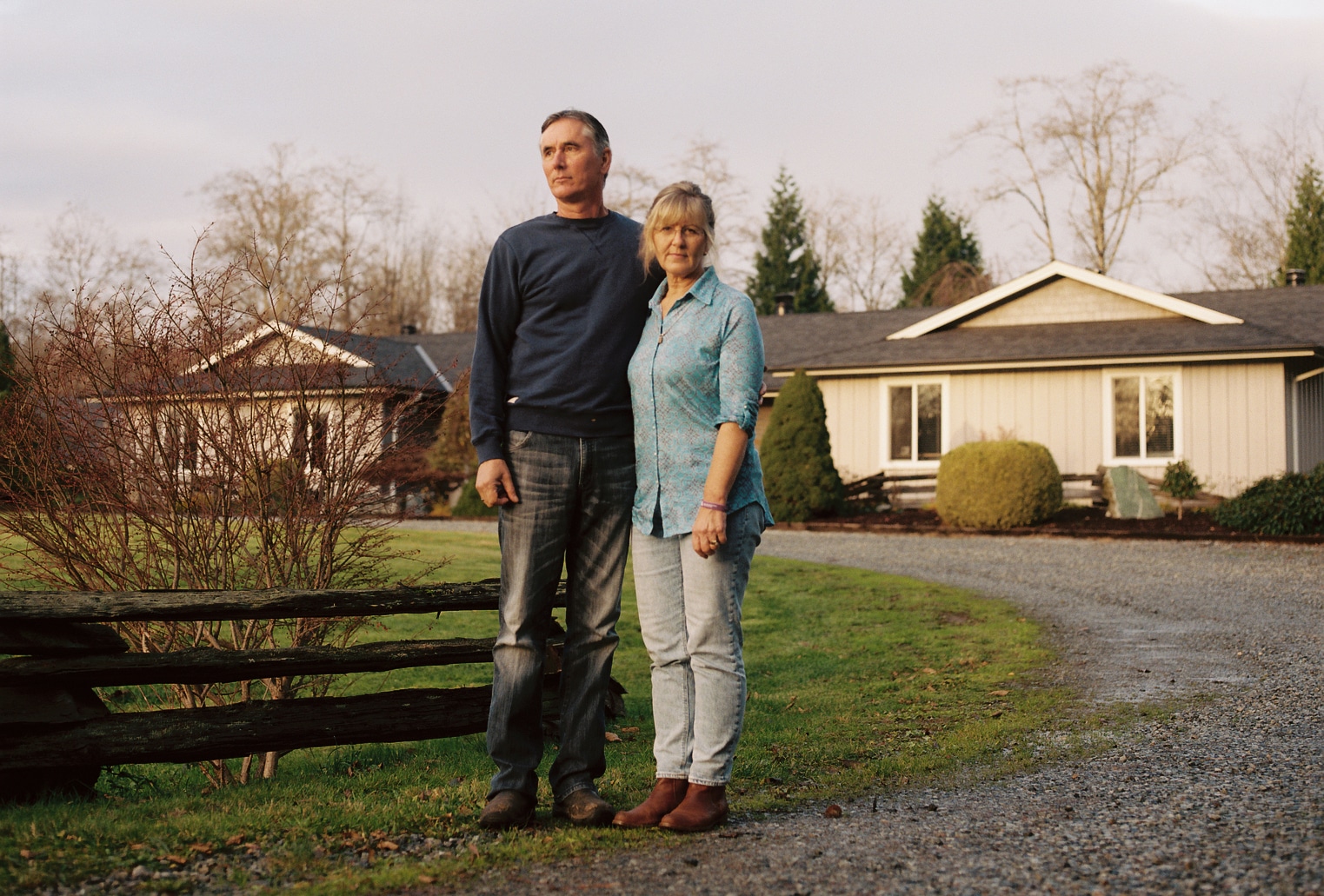Who was Renee?
Renee was a beautiful person who lived only 29 years. She was smart, artistic, and athletic. She was a talented hairdresser. She was loved and adored by her family, and she loved us too. She cared for people, she adored animals, she cherished nature. She valued her career. She loved her partner. She dreamed of having a home and a family of her own. She had a loving, kind soul. She lit up the room with her energy and laughter. She was always kind and generous to people. She had many friends from all walks of life.

Why did Renee become addicted to drugs?
We do not know why our daughter became trapped by addiction. We do not know what happened to her, or what it was about her make-up that made her susceptible to drugs and alcohol. There was no death or divorce, no family violence or abuse. She grew up in a loving, middle-class family with lots of opportunity. But once she began using drugs and alcohol our beautiful daughter suffered many horrific experiences and devastating consequences.
How did Renee suffer?
In Renee’s early teens, using drugs and alcohol was about parties and having fun. But by 17, Renee’s substance use was already causing serious harm to her life. At the age of 19, she spent five months in a residential treatment center, but she relapsed several months after leaving treatment.
Over the years she suffered repeated job losses, damaged friendships, and condemnation from the people around her. She strained to hide her addiction from family, fearing harsh judgement and rejection from loved ones. Only her closest friends and immediate family knew how much pain she was in. Staying away from her family and friends to conceal her troubles, she felt increasingly alone and isolated.

She was no longer using substances because it was fun, she was using them because she needed them to prevent the crippling mental and physical symptoms of withdrawal. As her disease progressed, she suffered loss of financial security and loss of both physical and mental health. And worst of all, she suffered from loss of self-worth. She felt ashamed of her life, she felt like a failure. And she felt self-contempt whenever she would relapse.
When Renee admitted that she was addicted, she was resolved to find a way to recover and function again, and she never stopped reaching out for help. She went through the tortures of detox and withdrawal again and again, trying to free herself of the monster that controlled her. We begged her to go to addiction counsellors and interventionists, but she always said she would have to get better her way.
Why did Renee die?
She died because she suffered from an illness. She was physically and mentally dependent on illegal drugs and those drugs were deliberately adulterated by someone for economic gain. Her death was accidental, unintentional. She wanted to live. It was not an overdose, she did not take too much of something. Renee was poisoned by someone. Her death is a direct result of criminal acts taken by high-level, transnational drug traffickers seeking only profit, with no regard for human lives lost.
If she had been murdered in any other way, her death would have been classified as a homicide and the perpetrators would have been pursued by the authorities. An investigation would have been launched, with the chance of catching and charging those responsible for my daughter’s death.
But with drug addiction this is not the case. There are no resources spent to investigate these crimes or bring these people to justice. And there is no justice for the victims, who are the deceased and their bereaved families. These murderers can, and do, continue to kill people daily with no fear of retribution. Our governments and our society seem to accept this. We have laws against harming and killing others, yet these laws are not applied when people are harmed and killed by a poisoned drug supply.
How did we fail Renee?
We failed her by not understanding her illness or what could be done to help her. In early years, we believed that she was just using drugs and alcohol recreationally like so many other teenagers did in high school. When it became apparent that her substance use was a serious problem, we still believed that she could make a choice to stop, and we constantly pressured her to change her ways and seek help.
“We were told to stop helping her, to let her “hit bottom,” to let her suffer the consequences of her choices. This type of response from the family only caused more pain for Renee and for us. It is only now, after losing her, that we understand how terribly wrong this advice was.”
It was not until years later that we realized she was fighting addiction—physical and mental drug dependency. We constantly begged her to go into residential treatment, believing that abstinence was the only way for her to overcome her addiction. We did not seek the medical and psychological help that she needed, and we did not understand that a safe supply of drugs could have made the difference between life and death for our daughter.

Renee loved animals 
Cutting her brother’s hair 
With sister Jocelyn McIntosh (left)
We searched continually for a way to help her, trying counsellors, interventionists, and residential treatment centers, paying exorbitant fees, and getting no results. We were told by so-called addiction professionals that we were enabling her and making her addiction worse. We were told to stop helping her, to let her “hit bottom” and suffer the consequences of her choices. This type of response from the family only caused more pain for Renee and for us. It is only now, after losing her, that we understand how terribly wrong this advice was.
We felt compelled to keep her addiction a secret from friends and family because Renee did not want people to know, for fear that they would judge and condemn her. The suffering was greatly compounded by this secrecy. Maybe Renee would be alive today if there had been acceptance, understanding and compassion for her illness among family and the community.
READ MORE: The impact of stigma
Society also failed Renee. People who met her failed to understand the tremendous pain she was in. Renee was labelled as an addict and discriminated against. Many blamed her, saying she was doing it to herself and accusing her of moral weakness when she could not stop. Some people could only see the addiction, not the person needing compassion and understanding.
Renee experienced contempt, disdain, shunning, shaming, disrespect and even violence from people in society, health care workers and law enforcement. And Renee did not get the help and protection that could have saved her life. Our justice system treats people who use drugs like criminals rather than people in need of support and health care, punishing and incarcerating them rather than providing the medical and mental health supports that they are entitled to, like everyone else.
“The sale of nicotine is legal and regulated, and people can use this drug without fear of becoming poisoned. Yet other addictive drugs are still illegal, unregulated, and potentially fatal to those addicted.”
If a person is addicted to nicotine in cigarettes and develops respiratory illness or cancer, our society does not tell them they deserve to suffer and refuse to provide publicly funded medical facilities and services to them because that person continued to smoke while knowing it could harm or kill them. So why do we say exactly this to people suffering from other drug addictions that are much more devastating than nicotine, harming both their physical and mental health?
The sale of nicotine is legal and regulated, and people can use this drug without fear of becoming poisoned. Yet other addictive drugs are still illegal, unregulated, and potentially fatal to those addicted.

How do we live without Renee?
Although family and friends tried everything that they could to help Renee, nobody knew what to do. This is the most devastating thing for a parent to endure, trying with every ounce of strength to save their child, trying every possible avenue they know to get help, yet failing. Through every moment of Renee’s fight against drugs we felt the pain of knowing that she was suffering, and we could not ease her pain. Every moment now we feel the pain of losing her and living without her. This pain never goes away, nor should it, nor would we want it to.
